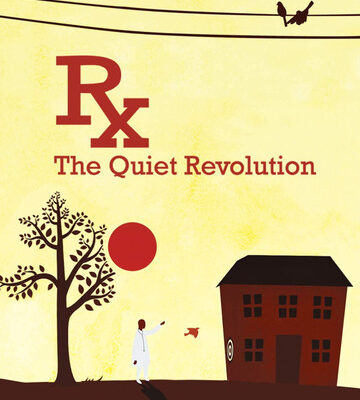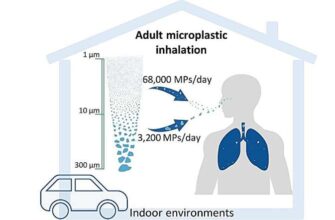In the complex tapestry of human existence, certain threads prove stronger than others, capable of weaving profound change. Among these, the bond of a truly supportive relationship stands out as a remarkable catalyst for personal transformation.
The journey through life often presents individuals with an array of challenges, from professional stresses to deeply ingrained personal habits. Among the most pervasive and insidious of these can be the reliance on substances, such as alcohol, as a coping mechanism. For many, this path leads to a labyrinth of repeated cycles, where genuine desire for change is often overshadowed by the sheer difficulty of breaking free independently. The common narrative frequently centers on self-discipline or professional intervention, both undoubtedly crucial. Yet, an often-understated, powerful variable frequently emerges: the influence of a dedicated and empathetic partner.
The Subtle Power of Partnership
Consider the scenario where an individual finds themselves ensnared by a pattern of excessive alcohol consumption. The initial attempts at cessation might be solitary, fraught with internal conflict and the relentless pull of habit. This is where the presence of a supportive partner can shift the paradigm entirely. It`s rarely about overt demands or confrontational ultimatums, which often prove counterproductive. Instead, the efficacy lies in a more nuanced, sustained approach.
A truly supportive partner cultivates an environment where the individual feels seen, valued, and understood, rather than judged. This foundation of unconditional acceptance can dismantle the walls of shame and denial that often fortify addictive behaviors. The support manifests in various practical and emotional ways:
- Creating a Positive Environment: This might involve reducing exposure to triggers, fostering alternative leisure activities that do not involve alcohol, and establishing a home atmosphere conducive to sobriety.
- Active Listening and Empathy: Providing a safe space for open dialogue about struggles, fears, and triumphs, without interruption or critical commentary.
- Shared Goals and Activities: Engaging in new hobbies, exercise, or projects together, which redirects focus and builds shared positive experiences. This subtly replaces the void left by the absence of the habit.
- Patience and Persistence: Understanding that recovery is not a linear process. Setbacks may occur, but consistent, gentle encouragement remains vital. This is where the depth of commitment truly shines.
From Habit to Harmony: The Transformative Outcome
The transition observed in individuals who receive this profound level of relational support is frequently remarkable. What begins as a concerted effort to abstain evolves into a fundamental shift in lifestyle and perspective. The focus moves beyond mere sobriety to holistic well-being. Individuals often report not just an end to a problematic habit, but a newfound sense of purpose, improved physical health, and a profound appreciation for their changed circumstances.
Moreover, the relationship itself often deepens. The shared experience of overcoming a significant challenge, especially one that impacts both individuals, strengthens the marital bond. It fosters a unique sense of teamwork and mutual respect, solidifying the idea that true happiness is not merely an individual pursuit but a co-created reality. The irony, perhaps, is that while society often seeks sophisticated clinical interventions for such issues, the most potent remedies can sometimes be found in the quiet, steadfast commitment of one person to another.
A Broader Perspective on Relational Impact
While the example of alcohol cessation highlights a particularly challenging struggle, the principle extends far beyond this specific context. Whether it`s fostering healthier eating habits, encouraging career advancements, or simply navigating the daily stresses of modern life, the presence of a genuinely supportive partner can be the differential factor between stagnation and significant personal growth. It underscores the powerful truth that human beings thrive within connection, and that our potential for positive change is often magnified when nurtured by love and understanding.









